Bridging Gaps in Healthcare Access
Community Health Workers (CHWs) are increasingly essential in providing comprehensive healthcare support in various communities. Their work spans educational outreach, healthcare advocacy, and specialized healthcare programs.
Reach Out trains and employs CHWs throughout the Inland Empire, and hopes to see these critical healthcare workers utilized more widely across the potential spectrum of applications. This post will consider:
- Who are community health workers?
- The critical importance of trust and cultural literacy for CHWs
- The spectrum of a CHWs work
- Who is a good fit and how is a CHW trained?
Who Are Community Health Workers?
According to Dr. Shermineh Davari, Director of Reach Out’s Inland Health Profession Consortium Department (IHPC), CHWs are individuals trained to assist their communities with a variety of healthcare issues. Dr. Davari’s department, for instance, runs various programs such as work-based learning and mental health advocacy, with a special focus on Community Health Workers. “The goal is to find gaps and remove barriers to provide more equitable access to resources and services within our communities,” she explains.
Mayra Mixco, a physician trained in El Salvador, is a program manager at Reach Out focused on the CHW initiatives there. “Community Health Workers inform communities about healthcare issues, help schedule various appointments, and focus on culturally appropriate outreach. They seek to connect as trusted community members, working in community spaces, including churches, consulates, and schools.”
Trust Comes with Cultural Literacy for CHWs
The cornerstone of effective healthcare provision by CHWs is trust. These workers share a cultural, linguistic, and social background with the communities they serve, which makes their role exceptionally vital. From providing healthcare education to serving as navigators and advocates, the CHW’s responsibilities are diverse. After specialized training, they are equipped to provide more equitable and inclusive services.
This trust allows CHWs to battle common myths and misconceptions about conditions and treatments that may exist in certain cultural communities. Mayra quoted a situation where she discovered that some community members believe that the diabetes treatment medication would make them go blind – when that is a risk of the disease itself. “The CHW knows our community, knows our culture, what we believe in, and what we do not believe in. They can actually come, get comfortable, and educate during a casual conversation, dispelling myths and misconceptions as they help access resources.”
The Spectrum of Work: What Do CHWs Do?
The scope of a Community Health Worker’s focus can be expansive, varying by setting, healthcare system, and community. They might assist a diabetic patient in understanding their medication and monitoring blood sugar levels. They may also aid in appointment scheduling and running regular tests.
CHWs go by various names, including health navigators and case managers. No matter the title, their focus remains on providing personalized, culturally sensitive healthcare support.
Who is a Good Fit for a Role as a CHW?
Typically, CHWs begin as individuals already recognized by their communities as trustworthy and proactive—people identified as “doers,” “seekers,” or “advocates.” Mayra emphasizes that those who undergo training to become CHWs already possess a foundational skill set, which gets refined and directed through the program.
Reach Out’s Training Programs
Reach Out (and many other organizations) actively train CHWs. We offer an 80-hour training program that not only covers health-related topics but also includes development of interpersonal and communication skills. Following the training, CHWs must complete 40 hours of field experience to get hands-on practice in the community, something Reach Out helps to facilitate.
New Funding Opportunities and Specialization
Funding is now being directed towards expanding the focus of CHWs to areas such as substance misuse. Dr. Davari and Mayra both emphasize that CHWs could play an essential role in de-stigmatizing substance misuse treatment and assisting individuals in recovery. The aim is to adopt a holistic approach, addressing not just the issue of substance misuse but also the factors that may be contributing to it.
Understanding Social Determinants of Health
CHWs are trained to be aware of the broader social determinants that impact health, including socioeconomic status, sexuality, and housing conditions. This knowledge allows them to provide services tailored to individual needs rather than taking a “one size fits all” approach.
The Future of CHWs
Public health departments are increasingly recognizing the importance of CHWs, especially as their services become medically reimbursable. CHWs can assist busy healthcare providers by taking the time to understand patients’ cultural and lifestyle nuances, such as food habits, thus enabling better healthcare outcomes.
CHWs and Reach Out are shaping the future of community healthcare in the Inland Empire by offering a blend of education, trust, and cultural understanding. As this role evolves, their contributions promise to make healthcare more equitable and accessible for everyone – a mission Reach Out shares.
If you’re interested in learning more about Reach Out’s CHW training, learn more here and sign up!

